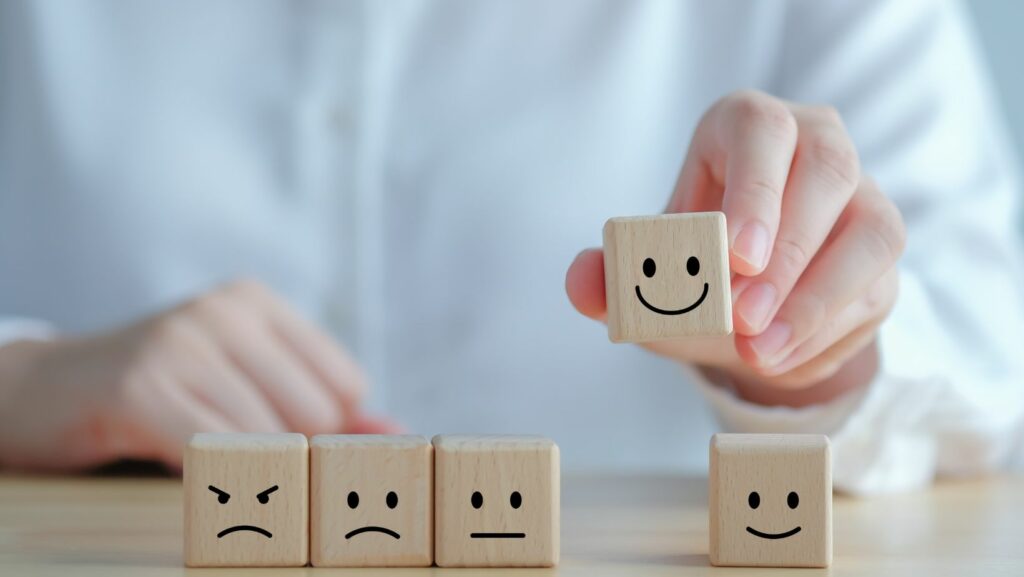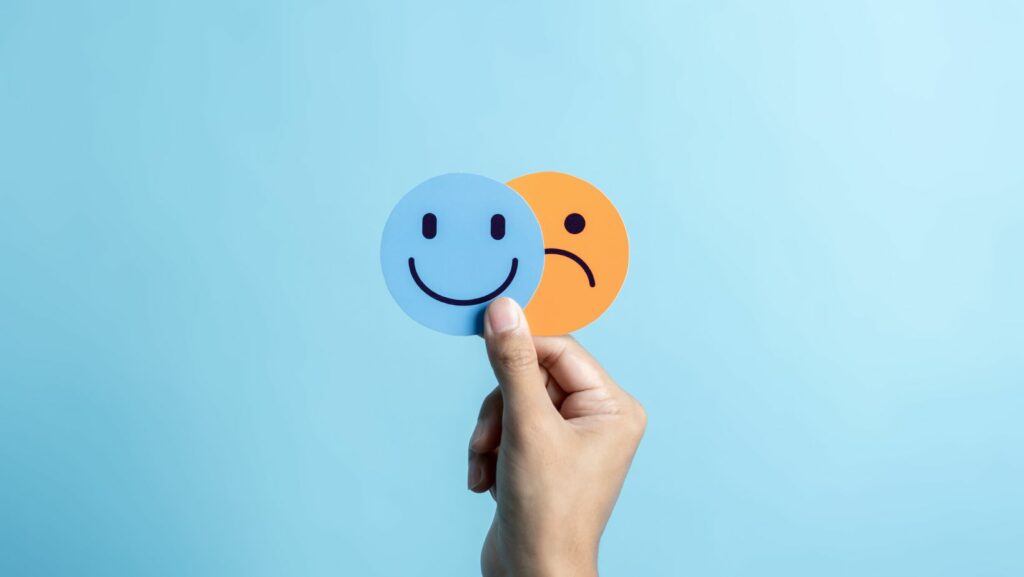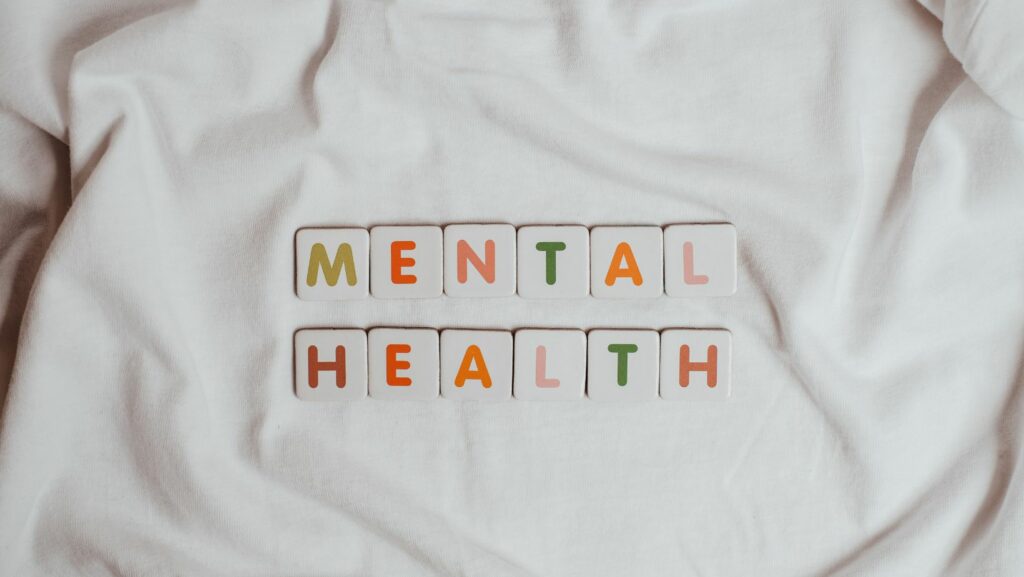Mental Health Skill Building
In today’s fast-paced world, prioritizing mental health is more crucial than ever. Mental health skill building offers individuals the tools and strategies to enhance their emotional well-being, cope with stress, and navigate life’s challenges effectively. By cultivating these skills, individuals can improve their resilience, self-awareness, and overall quality of life.

Developing mental health skills is not just about managing mental illness; it’s about fostering a proactive approach to emotional wellness. From practicing mindfulness to building healthy relationships and setting boundaries, these skills empower individuals to lead fulfilling and balanced lives. In this article, we delve into the importance of mental health skill building and explore practical tips to incorporate these strategies into daily routines.
Enhancing mental health skills equips individuals with valuable tools to improve emotional well-being, manage stress, and navigate life’s obstacles effectively. These skills foster resilience, self-awareness, and better overall quality of life, emphasizing proactive approaches to well-being over reactive ones.
Strategies for Enhancing Mental Health Skills
Empowering individuals to lead fulfilling lives through enhanced mental health skills involves various effective strategies. These strategies aim to promote resilience, self-awareness, and proactive well-being approaches. By focusing on skill-building rather than just managing mental illness, individuals can equip themselves with valuable tools to navigate life’s challenges more effectively.

- Practice Mindfulness: Engaging in mindfulness techniques, such as meditation or breathing exercises, can help individuals cultivate present-moment awareness, reduce stress levels, and enhance emotional well-being.
- Build Healthy Relationships: Cultivating meaningful and supportive relationships plays a crucial role in enhancing mental health skills. Positive interactions with others can boost confidence, provide emotional support, and foster a sense of belonging.
- Set Healthy Boundaries: Establishing boundaries is essential for maintaining emotional and mental well-being. It involves knowing one’s limits, communicating effectively, and prioritizing self-care to prevent burnout and foster healthy relationships.
- Develop Coping Strategies: Learning effective coping mechanisms, such as positive self-talk, problem-solving skills, and seeking professional help when needed, can help individuals better manage stress, anxiety, and other mental health challenges.
- Prioritize Self-Care: Making self-care a priority by engaging in activities that promote relaxation, physical well-being, and emotional balance can significantly contribute to improved mental health and overall quality of life.
By incorporating these strategies into their daily lives, individuals can enhance their mental health skills, boost resilience, and cultivate a proactive approach to maintaining emotional well-being.
Real-life Applications of Mental Health Skill Building Techniques

Applying mental health skill building techniques in real-life scenarios is crucial for individuals looking to enhance their emotional well-being and resilience. These skills empower individuals to navigate life’s challenges effectively and maintain a balanced approach to daily stressors. Let’s explore some practical applications of mental health skill building techniques:
1. Mindfulness Practices
Practicing mindfulness involves focusing on the present moment without judgment. Individuals can apply mindfulness techniques in real life by incorporating simple practices such as mindful breathing, observing surroundings, or practicing gratitude. By being mindful, one can cultivate a greater sense of awareness, reduce stress levels, and improve overall well-being.
2. Building Healthy Relationships
Developing healthy relationships is a fundamental aspect of mental health skill building. In real-life situations, individuals can enhance their relationships by practicing active listening, effective communication, and expressing empathy. Healthy connections contribute positively to emotional well-being, provide support during challenging times, and foster a sense of belonging.
3. Setting Boundaries
Setting boundaries is essential for maintaining mental health and well-being. Individuals can apply boundary-setting techniques by communicating their needs, prioritizing self-respect, and learning to say no when necessary. By establishing healthy boundaries, individuals create a sense of control over their personal space, time, and emotional energy.
4. Developing Coping Mechanisms
Coping mechanisms play a vital role in managing stress and adversity. In real-life settings, individuals can create personalized coping strategies such as engaging in physical activities, practicing relaxation techniques, or seeking social support. Developing effective coping mechanisms enables individuals to navigate challenges more resiliently and maintain a sense of emotional balance.
5. Prioritizing Self-Care
Self-care is an integral part of mental health skill building. Individuals can incorporate self-care practices into their daily routine by prioritizing activities that promote relaxation, rejuvenation, and self-nurturing. By prioritizing self-care, individuals can enhance their overall well-being, reduce burnout, and build emotional resilience to cope with life’s demands effectively.

